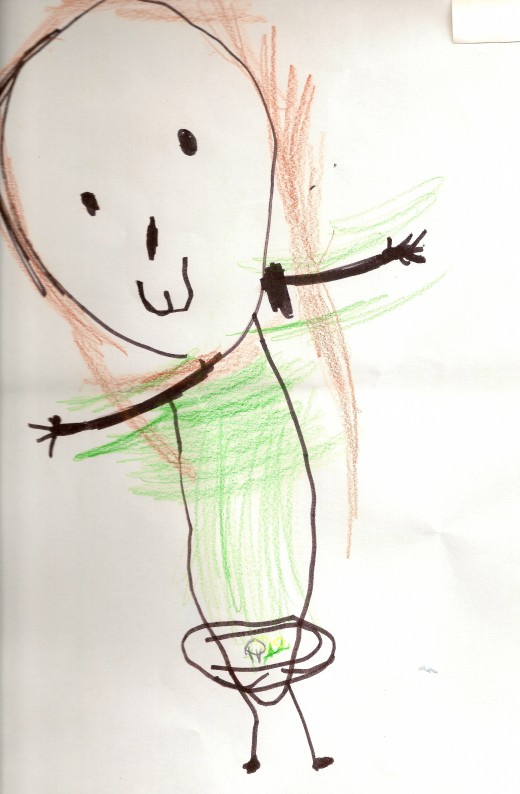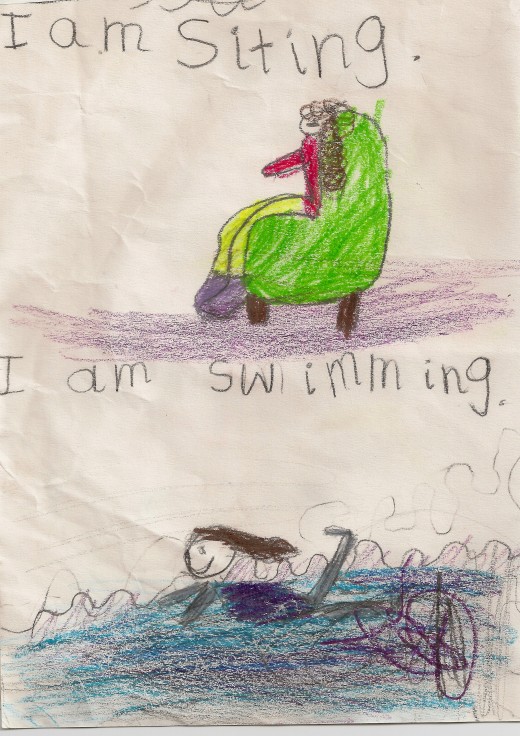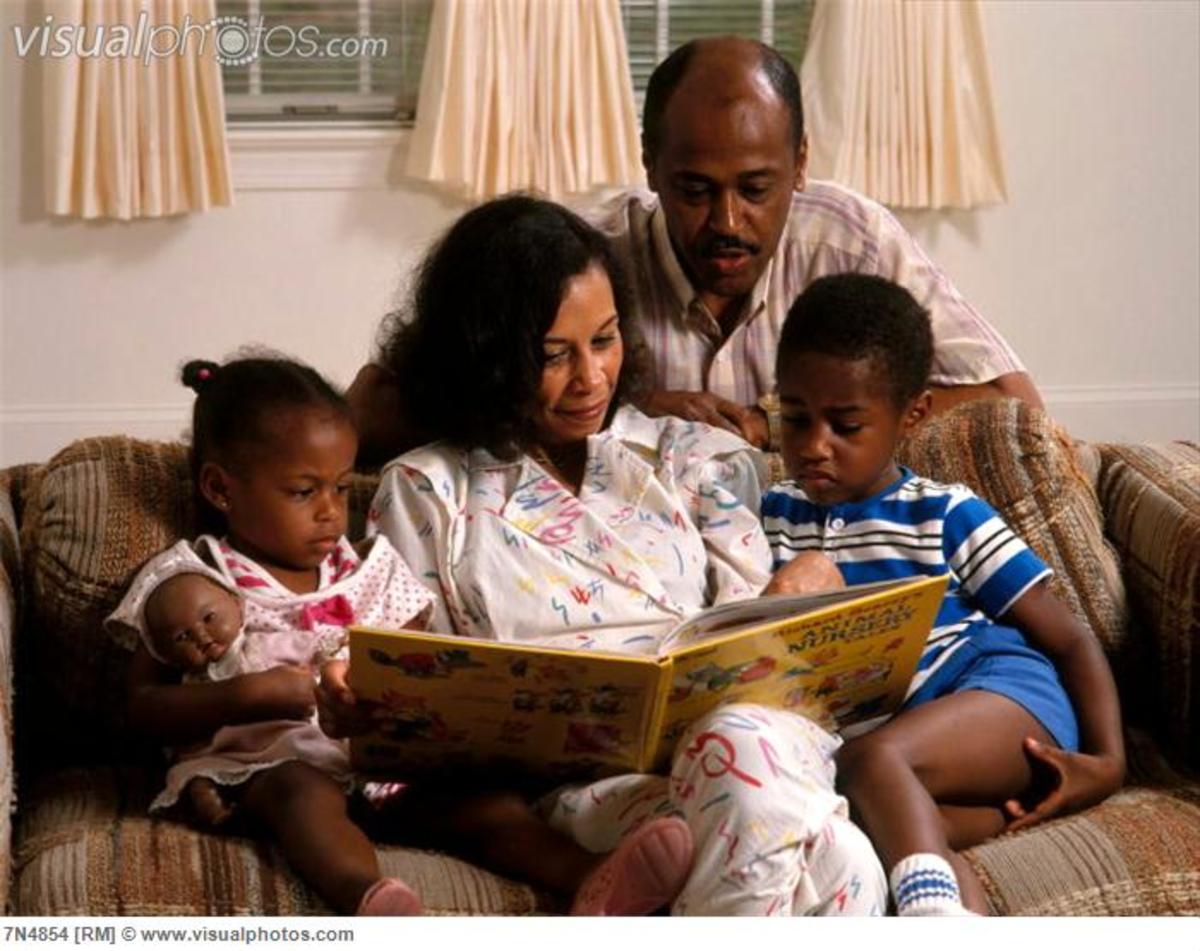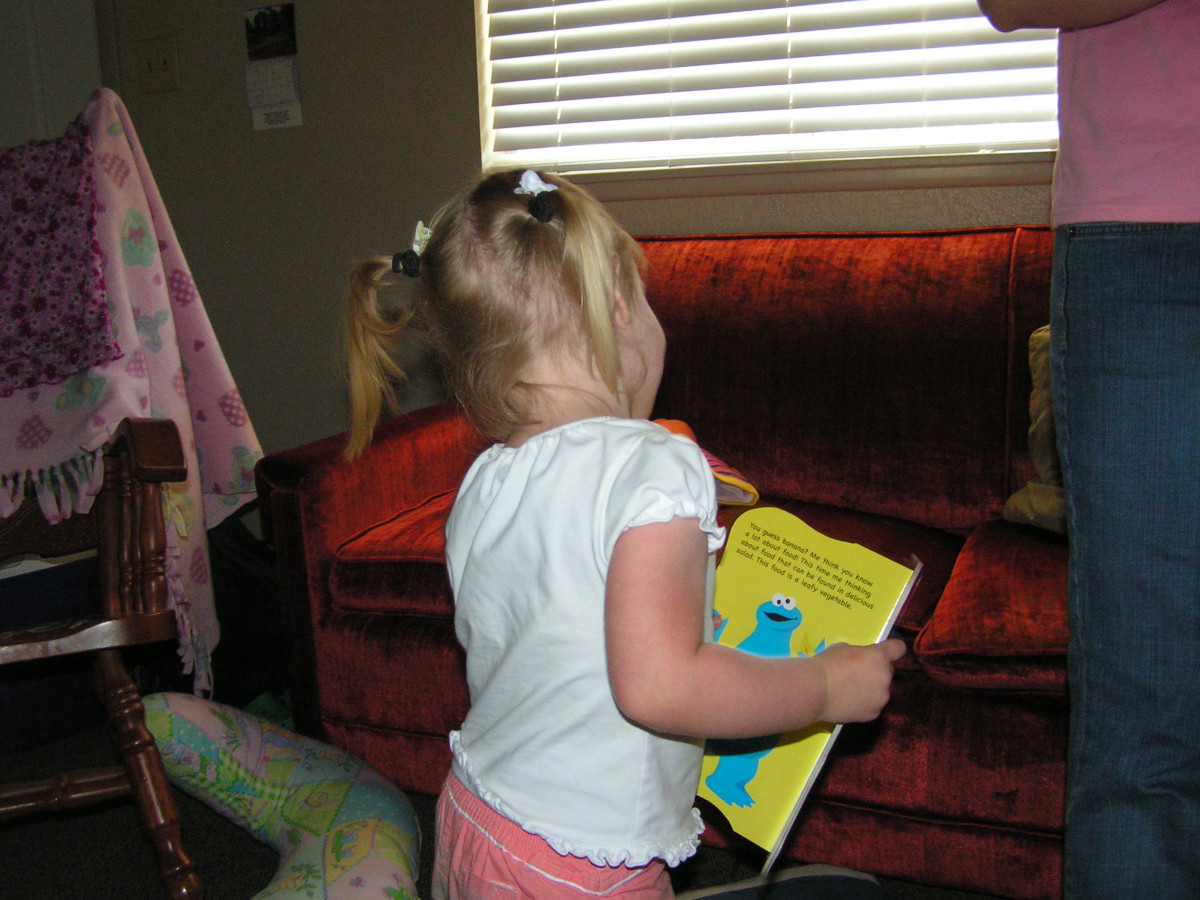How To Decide When to Send Your Child To School
The History of Compulsory Schooling
Compulsory schooling as we know it today is generally considered to have begun in Prussia (now Germany) in the 19th Century, although Scotland had a system of compulsory education for children of nobles and landowners as early as the 15th century, and during the 17th century introduced parish schools which catered for most children. In North America compulsory schooling for all began around 1840.
In almost all cases, the main reason for educating poor children was to keep them from the ways of ungodliness, and to instill in them a strong work ethic.
First Day At School - A Self-Portrait

Starting School Around the World Today
Today, work continues to influence schooling, both because older children are educated to be ready for work and because with both parents going out to work, many countries have lowered the age at which a child starts school.
Throughout the world, children start school at different ages, and with differing amounts of flexibility about those ages. India and The Netherlands win the prize of earliest start date, at age 4. However in the Netherlands the first two years of school are play based and formal education does not begin until age 6. So Indian children are possibly the earliest, with England coming a close second. In England, as in the United States and Canada, children starting school will be in an age group that runs from September to August. But while in North America the age range is from 5 – 6, in England it is from 4 – 5.
Table Showing When Children Start School In Different Countries
Compulsory age at starting school
| Countries
|
|---|---|
4
| India
|
4 - 5
| Northern Ireland, England, Wales, Netherlands
|
4 ½ to 6
| Scotland
|
5 - 6
| USA, Canada, Australia*
|
6
| New Zealand, most European countries except those listed elsewhere, Japan, Phillipines
|
7
| Estonia, Finland, Latvia, Lithuania
|
Comparisons between data may not be fully possible, as many countries have compulsory pre-school education with differing levels of formal or play based education.
*Starting age varies between states.
From Start to Finnish
So English children born in August who trot off to learn to read and write a few days after their fourth birthdays, are among the youngest in the world.
Partly because several educationists are concerned at this early start, a fair body of research is available in England on the possible benefits or disadvantages, both of starting school young in general, and in particular of being at the younger end of the school year group.
Although everyone from parents to government ministers will argue both ways, one thing experts do agree on is that Finland has an exemplary education system, with the best literacy rates in the world. They also outrank children in 43 nations including the US and Japan, in mathematics and science. Finnish children don’t start compulsory education until 7, which is later than most other countries. This in itself is not enough to assume that starting school late leads to better literacy, but it does suggest it doesn’t hinder it.
The Finnish National Board of Education’s own web-site states that there are several reasons for the high level of literacy in its country. These vary from the quality and flexibility of teaching methods and support for pupils with reading difficulties to the fact that Finland has a very small immigrant population, so most children learn to read in their native tongue. The site also points out that as many of the films they watch on television come from foreign countries and are sub-titled in Finnish, and children have a big incentive to learn to read. (On the other hand this can also be an incentive to learn English: in the Netherlands television programs are similarly often American, and one Dutch woman told me her son could speak English by the age of 5 due to watching cartoons.)
First Year At School

Different Rates of Flexibility
So it seems the world doesn’t agree on when children should start formal education. Although I have included a table that shows comparative starting ages throughout the world, this can only ever give a rough guide as individual practices vary not just by country, but sometimes within countries. In England, which already has one of the earliest starting times, some nurseries start teaching children to read in the year before they start school. In Australia, practices vary between states.
In Scotland children can go to school from 4 ½, with the school year beginning in August. However children who have turned 4 in January or February can be deferred until the following year if parents chose to do so, and any child who is not yet 5 can be deferred until the following year should parents and pre-school nursery consider it to be in the child’s best interests. In making this decision social ability is considered as important as academic ability.
In South Africa children enter a reception year between 4 ½ to 5 ½ and then begin compulsory schooling the year later. But if parents think their child is not ready for school at that time, they can keep them back for a year, regardless of where they fit into the year group. Many schools assess children for readiness for school and advise parents accordingly.
Things Have Changed Since Then

Another Option in Some Countries
In many countries it is compulsory for your child to be educated, but the education can take place at home. A growing number of parents now take up this option. In the UK it is estimated that 1% of school-aged children are home-schooled, and in the States the figure was 2.9% in 2007. Parents choosing to home-school vary from conservative Christians who follow a strict curriculum to parents who choose to “unschool.” The latter method allows for a great deal of flexibility in how children learn, with little formal teaching. It is in this type of home-education where there has been most growth.
Research Into The Effects of Starting Younger or Older
Much of the research in England shows that children who are young for their year group do on average achieve less compared to their older counterparts. A recent study by the Institute of Fiscal Studies found that by the age of seven, children in England with August birthdays are three times as likely to be below average than those born in September, more than twice as likely to be unhappy at school and at more at risk of being a victim of bullying. They are also less likely to do well at sport.
As the children grow up those with August birthdays are 20% less likely to go on to university, and tend to have lower confidence, and feel less in control “of their own destiny.”
Other research has found that children who are young for their age group are more likely to have learning and behavioral difficulties. I taught for a few years in the 1990s, during which time some research showing these findings came out, and when I went through my registers I noticed that of the pupils who behaved disruptively in my classes, the majority were among the youngest in their year group.
Yet, while some studies from the States have shown similar results, others suggest that children who are delayed from starting school may have behavior issues and be more likely to drop out during high school. I can also remember a pupil I taught who was a year behind at school, and who frequently behaved disruptively, skipped school and then left before obtaining any qualifications.
No Clear-Cut Answer
In the end there is no clear-cut answer, and it’s important to remember that our children are not statistics. I know children who have started young and cope well, and others who struggle or who have stayed back a year at a later stage. In general professionals tend to recommend that it is more important to defer entry for boys than for girls, yet even this cannot be taken for granted.
When deciding whether or not to defer your child’s start at school it makes sense to consider the research findings and then discuss your child’s progress with your pre-school providers. Social ability is equally as important as academic ability when considering whether to defer sending your child to school. If your child is developmentally delayed in any way, including in toilet training, language or in motor skills then deferment may be a good option.
It is important to remember that even once children start school they will progress at different rates and in different ways. My first daughter found reading easy from day one, while my younger daughter (who was young for her year group) took a full year to get the hang of it. But as she progressed through school she gradually found the work easier and became more interested in what she learned at school. Each child is an individual and you as parent know them better than any teacher does, so listen to what the teacher suggests and then listen even deeper to your own intuition.

References and Further Reading
The Finnish National Board of Education on Literacy in Finland
The Guardian on: How does birth month affect your child’s future? find the results here
The BBC on: Review backs later formal lessons
Compulsory age of starting school in European countries
Wikipedia on Educational Stages
USA Today on: Home schooling grows
SouthAfrica.info on: A parent’s guide to schooling









